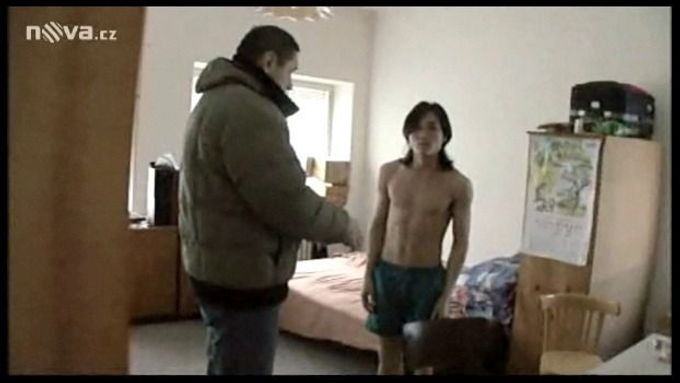Prague - Just a few months ago they were helping the Czech economy and now they are facing deportation.
Thousands of foreigners that have lost their jobs as a consequence of the economic crisis are trapped in the country and the government seems to be divided on what exactly to do with them.
The story of a Vietnamese citizen Le Kim Thanh perfectly illustrates the dichotomy of the government. Le Kim Thanh worked in different jobs, was badly underpaid and eventually caught by police.
"He violated law a number of times," says interior minister Ivan Langer who represents the tougher approach to the jobless foreigners stranded in the country. Thanh is now facing deportation.
But human rights minister Michael Kocáb asked Langer to reconsider Thanh's case once more.
"The Czech society should be more open-minded and sensitive to foreigners," Kocáb told press agency ČTK Wednesday.
"This case will show whether the Czech government and its institutions can sensibly and correctly consider cases of foreigners that are losing jobs en masse," added Kocáb.
Easy to become illegal
The latest statistics indicate there are 17,000 jobless contract workers at the moment, most of them foreigners. According to the interior ministry around 12,000 foreigners are expected to lose jobs in the 1Q.
Czech factories are massively sacking employees and foreign workers are the first ones to lose their jobs. As soon as their work contracts are terminated, jobless foreigners must return home but often find themselves in a difficult situation, not having any money to buy a ticket.
At a Monday conference minister Langer presented his plan how to handle the unsettling situation of jobless guest workers.
"He (Le Kim Thanh) did not follow the court's ruling on deportation, he worked without a working permit and he did not report on his whereabouts to the authorities," Langer said at the conference.
Human rights activists and non-governmental organizations have spoken out against the decision to deport Le Kim Thanh.
ConCourt may help
According to Langer, the case of Thanh is to be decided by court. But Pavel Čižinský from the Refugee Agency says it is only the foreigners police that or interior ministry that can decide what to do with Thanh.
The Refugee Agency is now mulling filing a complaint with the Constitutional Court.
HRs minister Kocáb recommended Wednesday the authorities to reconsider the case once again. "He lives and works thousands of kilometers away from his home. The contact with authorities and employees is made by the work agency. He speaks no Czech. In the case of any problems he and his family can be sanctioned back home."
"The strict approach of the state authorities towards jobless foreigners may create concerns of Czech citizens over foreigners living and working in the country. There is enough of "bad" mood and news these days," said Kocáb.

